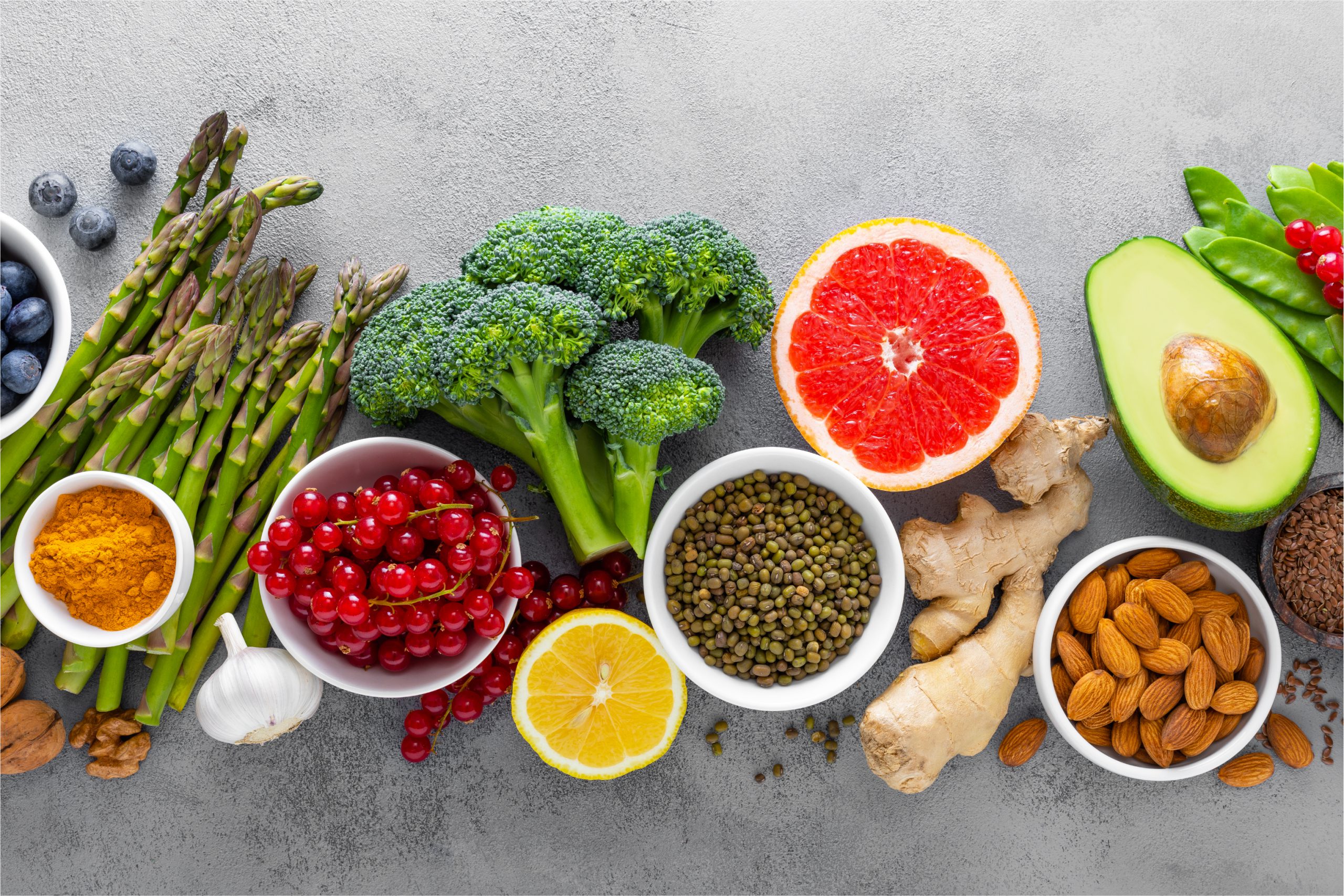
As a first responder, your job demands peak physical and mental performance at all hours of the day. However, proper nutrition is essential for maintaining physical endurance and mental clarity, allowing you to meet the challenges of this high-stress and physically demanding role. This blog will explore key nutrition strategies to help first responders perform their best. We will focus on whole foods, hydration, meal timing, and essential supplements that support overall health.
Prioritise Balanced Meals
A well-balanced diet is the foundation of a resilient body. Moreover, for first responders, balanced meals provide fuel for the body and ensure sustained energy throughout your shift. So this gives you confidence in your nutritional choices.
Macronutrients Matter:
- So, aim for a balanced mix of carbohydrates, proteins, and healthy fats.
- Carbohydrates supply the energy your body needs for strenuous activities.
- Opt for whole grains, fruits, and vegetables to fuel your body and avoid blood sugar crashes.
- Proteins are crucial for muscle repair and recovery.
- Lean meats, fish, and eggs are excellent sources of complete proteins. Choose beans or lentils to ensure you get complete protein if you prefer plant-based proteins.
- Healthy Fats support brain function and provide sustained energy.
- Avocados, nuts, seeds, and olive oil are great options, but be mindful of portion sizes, as these healthy fats are calorie-dense.
Micronutrients Matter Too:
Vitamins and minerals support your immune system, reduce inflammation, and promote overall health. Incorporate foods high in vitamins A, C, D, and B-complex and minerals like magnesium, potassium, and iron to support energy levels and muscle function. Consider supplementing with a quality chewable multivitamin to help meet your daily vitamin intake. While the choice between chewable supplements and pills is personal, research indicates that chewable vitamins often have better bioavailability, meaning more nutrients can be absorbed by your body.

Stay Hydrated
Dehydration can cause fatigue, brain fog, and decreased physical performance. Staying hydrated is particularly crucial for firefighters due to the physically demanding nature of their work.
Water is Key: Aim to drink 8 to 10 cups of water each day. Increase your intake if you work in hot conditions or strenuous activities.
Electrolytes Matter: Besides water, it’s important to replenish electrolytes lost through sweat. Electrolyte drinks (preferably low in sugar) and coconut water are excellent options to help maintain fluid levels and support muscle function.
Timing Your Meals for Peak Performance
You’re working long shifts with unpredictable schedules, and the timing of your meals can significantly impact your energy levels and overall performance.
Pre-Shift Meal: Before starting your shift, consume a nutrient-dense meal that provides long-lasting energy. In addition, good options include a bowl of oatmeal topped with fruit and nuts or whole-grain toast with scrambled eggs and avocado. If you have a history of diabetes, opt for foods with a lower glycemic index.
Mid-Shift Snacks: Avoid consuming sugary energy drinks or junk food. Instead, choose balanced snacks with sustained energy, such as protein bars, Greek yogurt, mixed nuts, or fresh fruit.
Post-Shift Recovery: After a physically demanding shift, focus on recovery with a protein-rich meal with healthy fats. A protein smoothie made with spinach, berries, and a scoop of protein powder is an excellent choice for replenishing energy and aiding muscle recovery.


The Role of Anti-Inflammatory Foods
First responders often experience physical and mental stress, leading to inflammation. Including anti-inflammatory foods in their diet can help reduce this inflammation and support their recovery, making them feel healthier overall.
Omega-3 Fatty Acids: Found in fatty fish such as salmon, flaxseeds, and walnuts, these healthy fats have been shown to reduce inflammation and support cognitive function.
Berries and Leafy Greens: Rich in antioxidants, these foods help lower oxidative stress and inflammation caused by environmental factors and intense physical activity.
Turmeric and Ginger: Both contain natural compounds (curcumin in turmeric and gingerol in ginger) that help reduce inflammation, ease muscle soreness, and support recovery.
Mental Clarity: Nutrition for Focus and Alertness
Nutrition plays a significant role in maintaining mental clarity, fit, and alertness during a shift. Therefore, staying sharp is not just important; it’s critical for your safety and performance as a first responder, making you feel more focused and alert.
- Whole Grains for Steady Energy: Foods like oats, quinoa, and brown rice provide a slow release of glucose into the bloodstream, helping maintain energy levels and focus throughout your shift.
- Dark Chocolate: In Moderation, dark chocolate (70% cocoa or higher) can improve circulation and brain function thanks to its antioxidants and caffeine content. Dark chocolate still has calories and sugars, so be mindful of Moderation.
- Caffeine (In Moderation): Caffeine is an excellent tool for boosting focus but overdoing it can lead to anxiety or disrupt sleep. Limit yourself to one or two cups of coffee or tea and avoid excessive sugary energy drinks.
Supplements: Enhancing Performance and Recovery
While food should be your primary source of nutrients, supplements can support your overall health and performance. However, it is essential to consult a healthcare provider before adding supplements to your routine. 
- Multivitamins: A daily multivitamin can help fill any nutritional gaps in your diet, mainly if your shifts/lifestyle prevent you from eating various nutrient-dense foods. Look for a multivitamin with essential vitamins and minerals like Vitamin D, B12, and magnesium.
- Omega-3 Fatty Acids: Fish oil supplements are rich in EPA and DHA, two essential fatty acids that reduce inflammation and support brain health. Aim for 1000-2000 mg of combined EPA and DHA per day.
- Magnesium is critical for muscle function, nerve health, and sleep. Supplement with 300-400 mg daily, especially if you experience muscle cramps, fatigue, or poor sleep.
- Protein Powder: Protein supplements can help when you cannot meet your protein needs through food alone. Aim for 20-30 grams of protein post-workout or after a physically demanding shift. Whey protein or plant-based options like pea or brown rice protein are popular choices.
- Turmeric/Curcumin: Curcumin is an active turmeric compound known for its potent anti-inflammatory properties. You can take a 500-1000 mg supplement daily or incorporate turmeric powder into your meals for natural inflammation support.
- Electrolyte Supplements: So if you’re working in extreme heat or sweating heavily, an electrolyte supplement can help restore lost minerals. Look for one with sodium, potassium, magnesium, and calcium to keep your fluid balance in check.
Conclusion
Therefore, fuelling your body with the proper nutrition is essential for maintaining peak physical and mental performance as a first responder. So the right balance of whole foods, proper hydration, and targeted supplements can enhance your endurance, focus, and recovery. Prioritise your nutrition and make it a part of your daily routine so you can be ready for whatever the job throws your way.
G3 Coaching and Consulting



